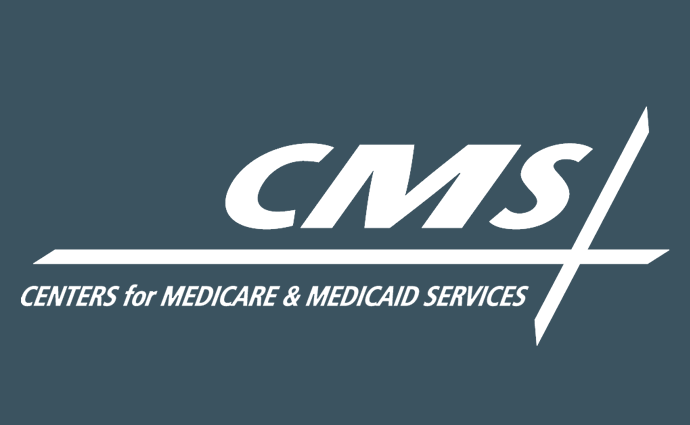CMS Aims to Protect Medicaid Payments to Providers, Not 3rd Parties
A new proposal would prohibit states from using Medicaid payments for providers to pay for third-party services on the provider’s behalf, such as employee benefits.

Source: Thinkstock
- CMS recently proposed a rule change that would prohibit a state from diverting Medicaid payments away from providers unless the payment arrangement is explicitly authorized by statute.
The proposed regulatory change to the Medicaid Provider Reassignment rule would remove text that permits a state to make payments to third parties on behalf of an individual provider. If finalized, the proposal would eliminate the state’s ability to pay for benefits such as health insurance, skills training, and other benefits customary for employees.
CMS intends for the rule change to ensure taxpayer dollars allocated specifically to healthcare services for low-income and vulnerable patients is not used for other purposes, the federal agency explained.
“The law provides that Medicaid providers must be paid directly and cannot have part of their payments diverted to third parties outside of a few very specific exceptions,” stated Tim Hill, Acting Director for the Center for Medicaid and CHIP Services. “This proposed rule is intended to ensure that providers receive their complete payment, and any circumstances in which a state does divert part of a provider’s payment must be clearly allowed under the law.”
The Social Security Act mandates that states can only provide Medicaid payments for covered healthcare services to providers.
However, the statute includes several exceptions to the rule, such as withholding Medicaid reimbursement due to a court order for wage garnishments, child support orders, or judgments for monies that are owed to the state, CMS explained.
But the exception in question involves direct payment requirements for certain healthcare providers, such as independent in-home personal care workers, the federal agency added. The exception introduced in 2014 allows states to divert a portion of provider payments to third parties that could then be used to fund other costs on behalf of the provider, such as health insurance coverage, training, and other employee benefits.
CMS has found that the 2014 exception may have detracted from Medicaid payments meant for providers delivering healthcare services.
“After further review, CMS has determined that the new exception created by the 2014 rule is not consistent with the statute, may have resulted in provider payments being diverted in ways that do not comport with the law, and, in some cases, may have occurred without the express knowledge of the provider,” the federal agency explained in a press release.
CMS is now seeking input from stakeholders to inform the creation of CMS guidance on which payment arrangements would be considered “acceptable assignments of Medicaid payments under the current law.”
The federal agency is particularly interested in comments on payment arrangements between states and providers. The agency also wants to know whether and how the proposed elimination of the Medicaid payment policy would impact self-directed service models in which Medicaid beneficiaries assume responsibility for retaining and managing their own services.
Stakeholders have 30 days to submit comments to CMS on the proposed regulatory change.
